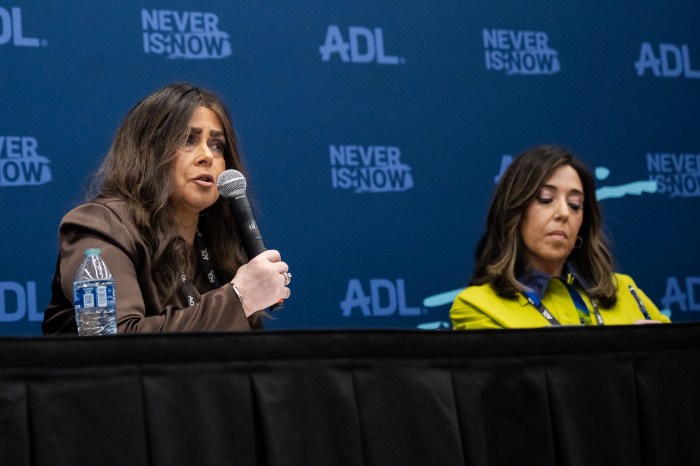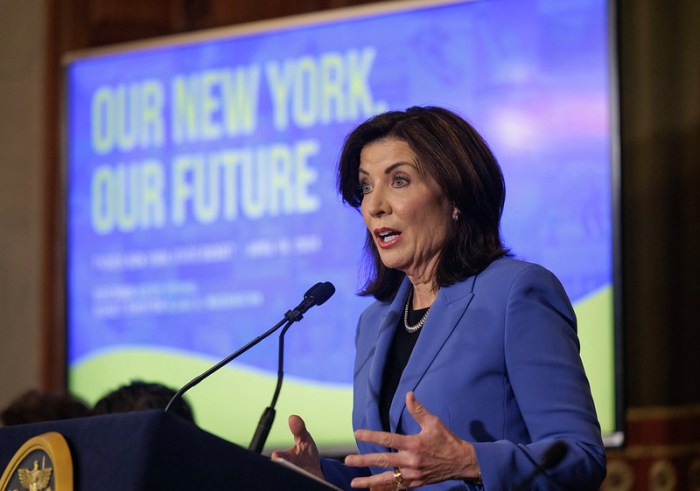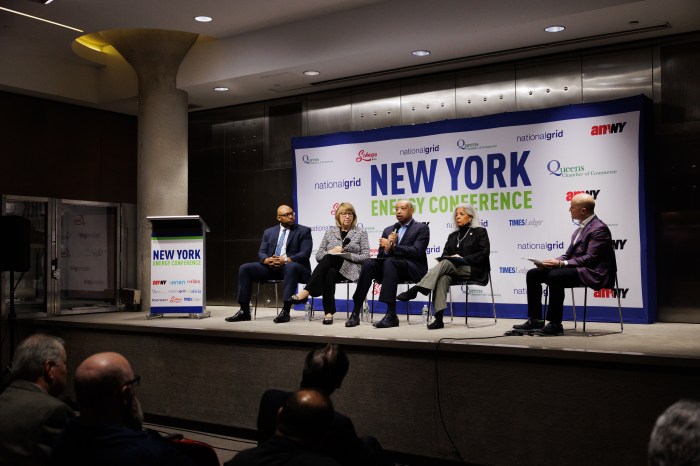Everyone knows New York City is a supernova when it comes to fashion, food, design and theater.
Less known is its status as a science hub, even though the city abounds in universities, research institutions and courses in science, technology, engineering and mathematics.
New York “has a very powerful presence in science,” noted Brian Greene, a Columbia University physicist and author of the Pulitzer-nominated “The Elegant Universe.”
Greene is the co-founder of the World Science Festival, which kicks off Wednesday across the city.
The science-palooza includes about 70 panel discussions, demonstrations, teach-ins, games and contests involving topics from astronomy to zoology involving experts from all over the world.
The festival, which began in 2008, and includes free, invitation-only and paid admission events, has since inspired smaller offshoots in Moscow and Amsterdam.
“A lot of our events are unusual,” said Greene, citing a screening Thursday of the film “Gravity” at the Intrepid Sea, Air & Space Museum.
On Saturday, Dr. Nora Volkow of the National Institute on Drug Abuse, will participate in a talk on “The Craving Brain: The Neuroscience of Uncontrollable Urges.”
A bioethicist, fertility specialist, endocrinologist, genetics professor and a lawyer specializing in genomics will together discuss the implications of gene therapy and designer babies.
“The content is just so interesting: This is not ‘eat your peas!'” said festival CEO Tracy Day.
Catherine Ball, a vice-president at Ancestry.com, is coming from San Francisco to participate in the Thursday panel, “It’s All Relatives.”
While most people are curious about what DNA can reveal about crimes, or their heritage and health, genetic privacy is becoming an increasingly urgent public policy topic, Ball noted.
Voters need to become scientifically literate so we can “have informed discussion instead of knee-jerk decisions based on fear,” she said.
Scientific literacy is not a tough sell in NYC.
More than a million people have attended the festival since it began and 200,000 are expected this year. “We’re 90% sold out,” although new events are still being rolled out at worldsciencefestival.com, Greene said.
















